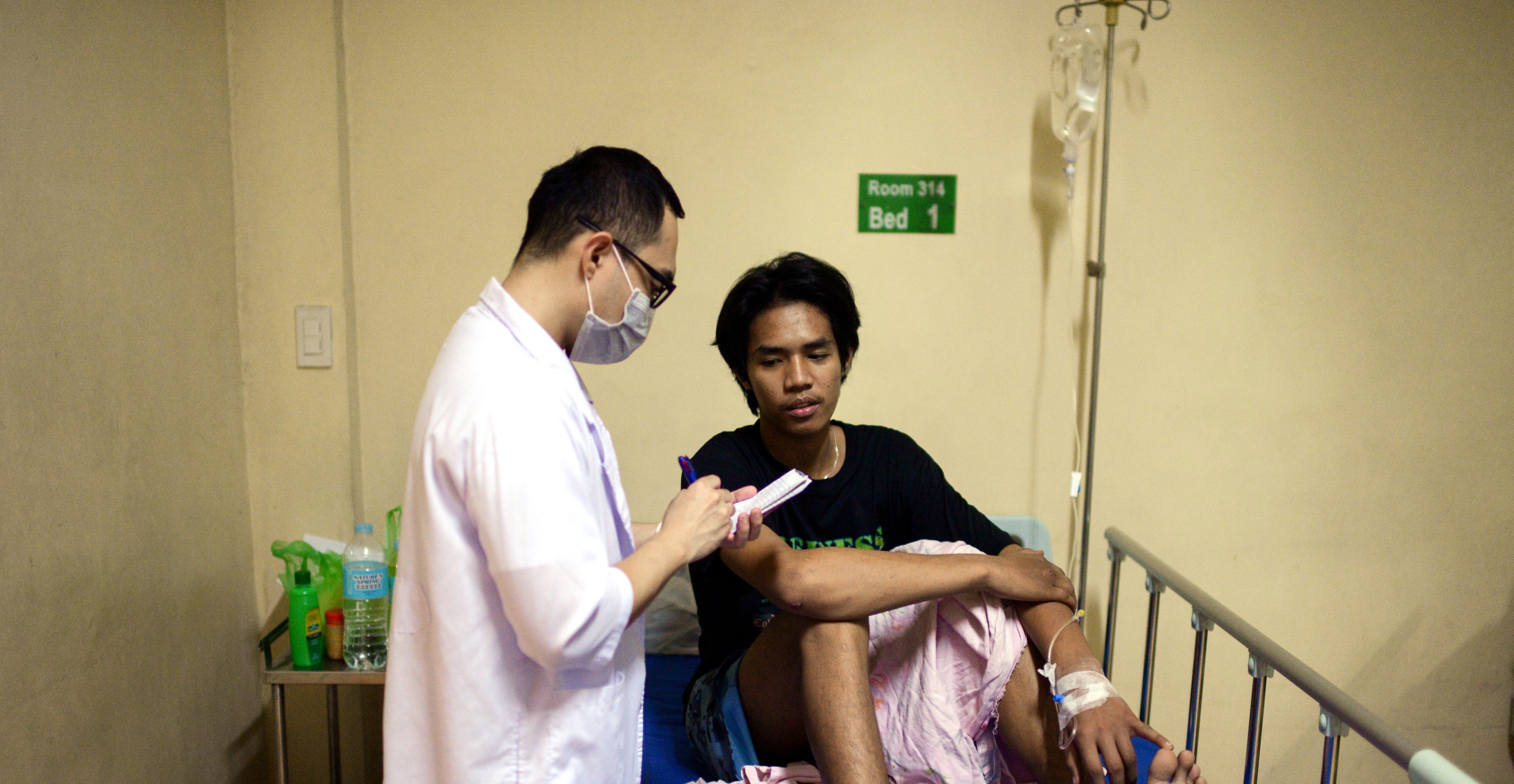COVID-19: What you need to know about the coronavirus pandemic on 11 August

More than 53,000 deaths from COVID-19 coronavirus have been reported in Mexico. Image: REUTERS/Edgard Garrido
- This daily round-up brings you a selection of the latest news updates on the COVID-19 coronavirus pandemic, as well as tips and tools to help you stay informed and protected.
- Top stories: global confirmed cases pass 20 million; working from home is here to stay; suppress, suppress, suppress, says WHO.
1. How COVID-19 is affecting the globe
Confirmed cases of COVID-19 have now reached more than 20 million globally, according to Johns Hopkins University & Medicine. The number of confirmed coronavirus deaths now stands at more than 736,000.
The UK has reported its biggest job losses since 2009, after the number of people in work fell by 220,000 in the three months to June.
Japan's banks lent at a record pace in July. Regional lenders worked to boost small firms hit by the coronavirus pandemic, according to central bank data.
Mexico's coronavirus death toll has passed 53,000. The country reported 705 new deaths and 5,558 new cases on Monday – it's reported more than 485,000 cases in total.
Singapore's recession was deeper than first thought in the second quarter, reports Reuters. “The painful truth is this – we are not returning to a pre-COVID world. Recovery will be some time yet,” said trade minister Chan Chun Sing.
A retirement home in New Zealand as gone into lockdown, after residents displayed symptoms of respiratory disease.
Papua New Guinea is set to lift a two-week lockdown in its capital Port Moresby, despite reported cases doubling in the past week.
2. Home working here to stay
Almost 80% of chief executives expect remote working to become more common as a result of COVID-19, according to a global survey from PwC.
“A blend of office and home working is most likely to be the future norm,” PwC UK’s chairman Kevin Ellis said.
Companies around the world have shifted to remote working due to lockdown restrictions, and chief executives now expect some of this shift to persist in their own businesses, according to the survey. The research was based on responses from a panel of PwC's 3,500 global clients, surveyed from 15 June to 3 July.
What is the World Economic Forum doing to manage emerging risks from COVID-19?
3. Suppress, suppress, suppress
World Health Organization Director-General Dr Tedros Adhanom Ghebreyesus has issued a clear reminder of the steps and work that's needed in the fight against COVID-19.
To tackle the pandemic effectively, there are two essential elements, he said. "Leaders must step up to take action and citizens need to embrace new measures."
And, by looking at what other countries are doing, you can get a clear picture of what measures have been taken:
"Chains of transmission have been broken by combination of rapid case identification, comprehensive contact tracing, adequate clinical care for patients, physical distancing, mask wearing, regular cleaning of hands and coughing away from others," Dr Tedros said in a media briefing.
"Whether countries or regions have successfully eliminated the virus, suppressed transmission to a low level, or are still in the midst of a major outbreak; now is the time to do it all, invest in the basics of public health and we can save both lives and livelihoods."
Overall, the message is "crystal clear", he said. "Suppress, suppress, suppress the virus."
Don't miss any update on this topic
Create a free account and access your personalized content collection with our latest publications and analyses.
License and Republishing
World Economic Forum articles may be republished in accordance with the Creative Commons Attribution-NonCommercial-NoDerivatives 4.0 International Public License, and in accordance with our Terms of Use.
The views expressed in this article are those of the author alone and not the World Economic Forum.
Stay up to date:
COVID-19
Forum Stories newsletter
Bringing you weekly curated insights and analysis on the global issues that matter.
More on Health and Healthcare SystemsSee all
Judith Love
November 18, 2025








